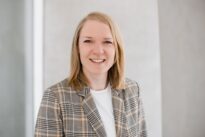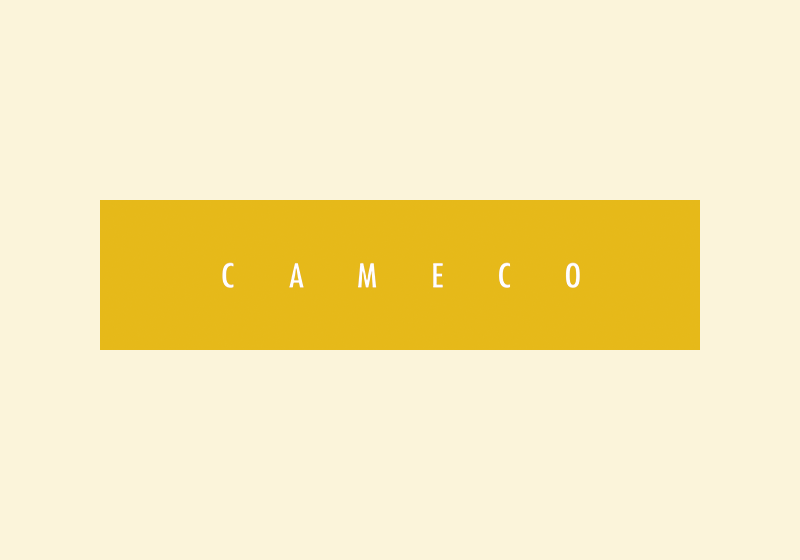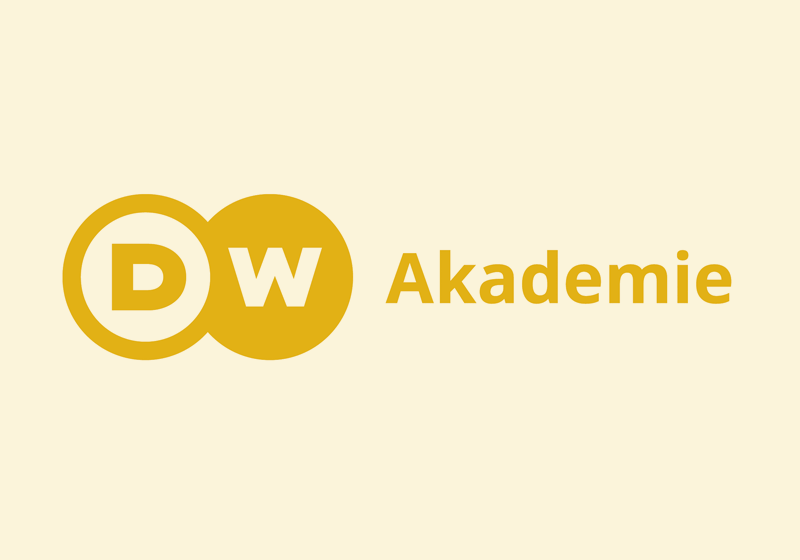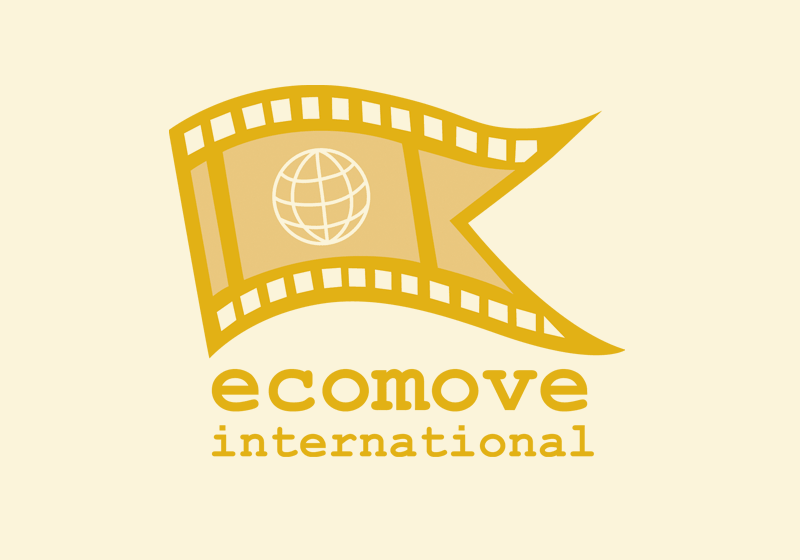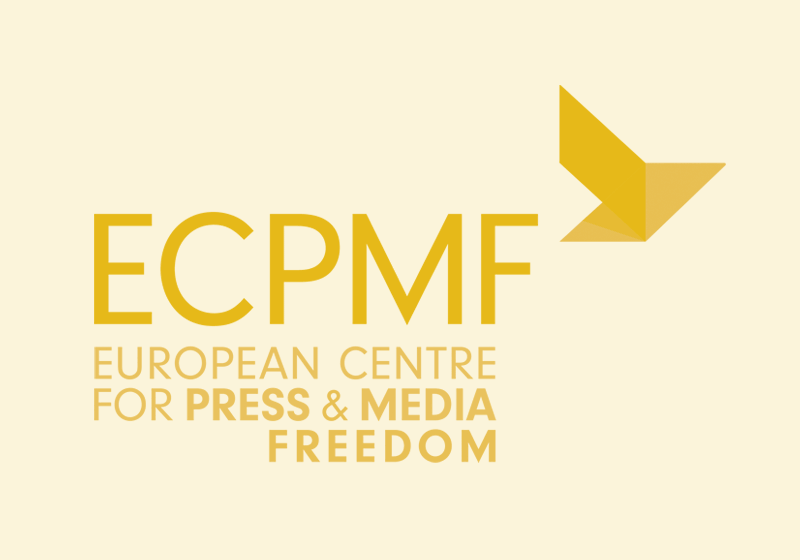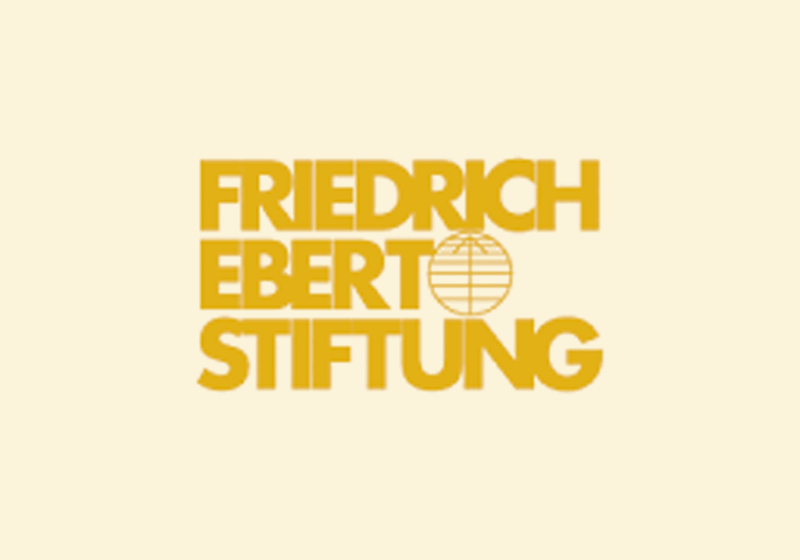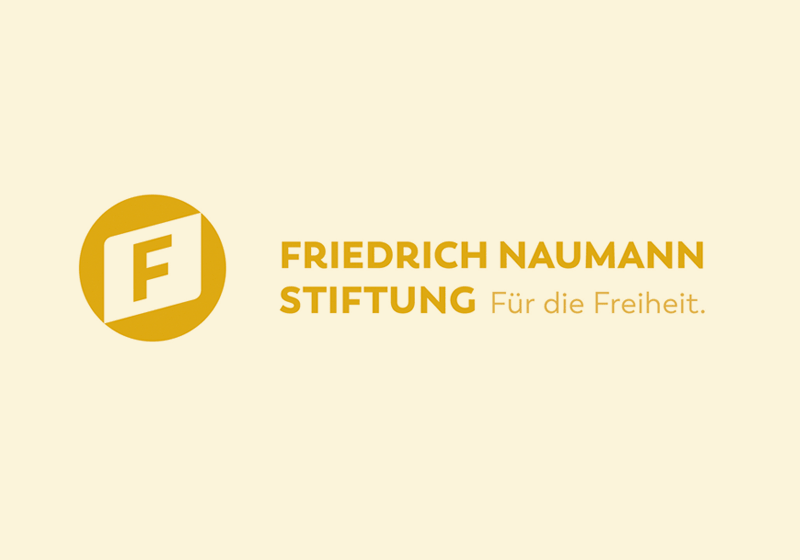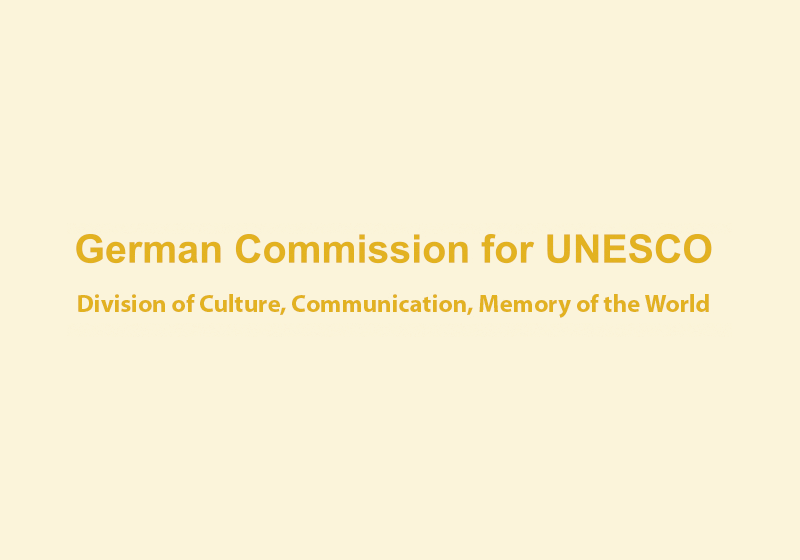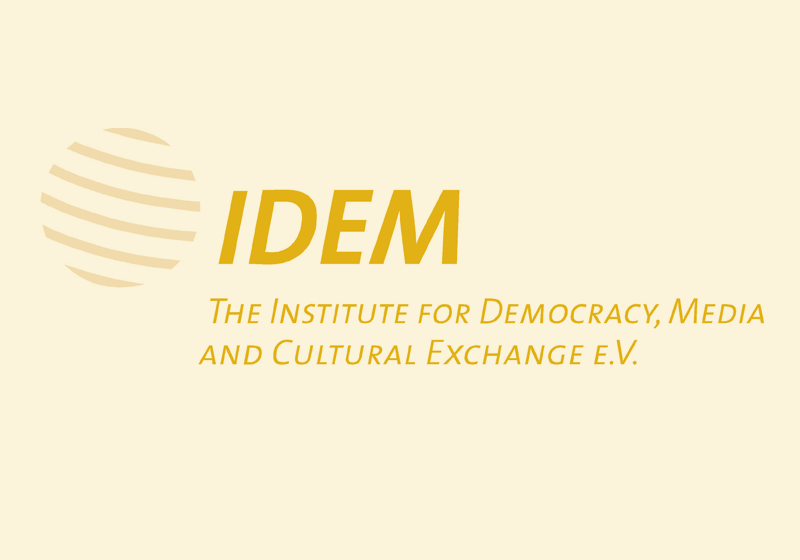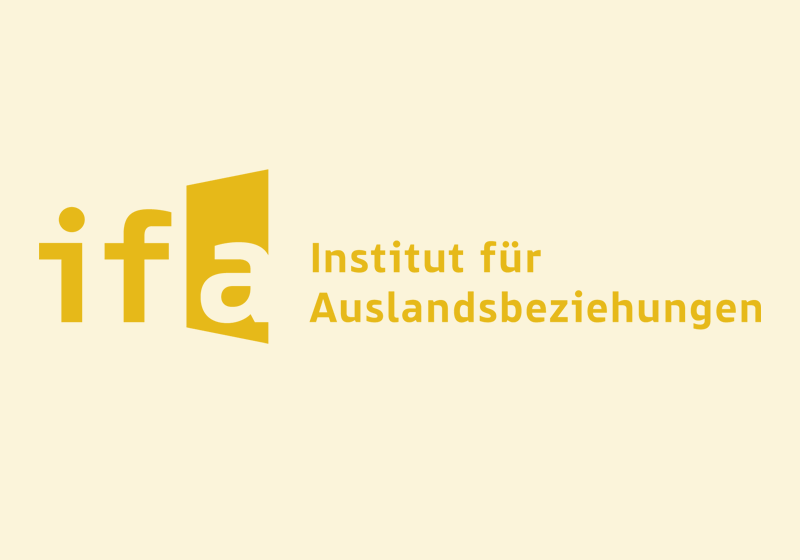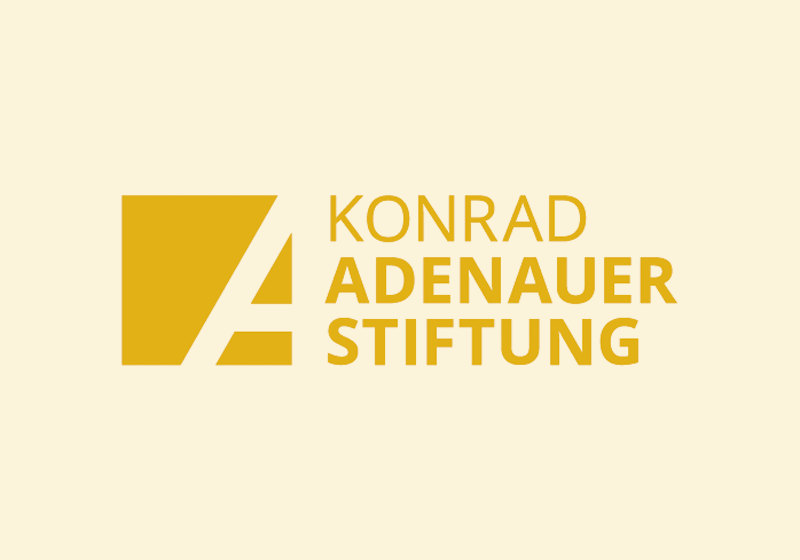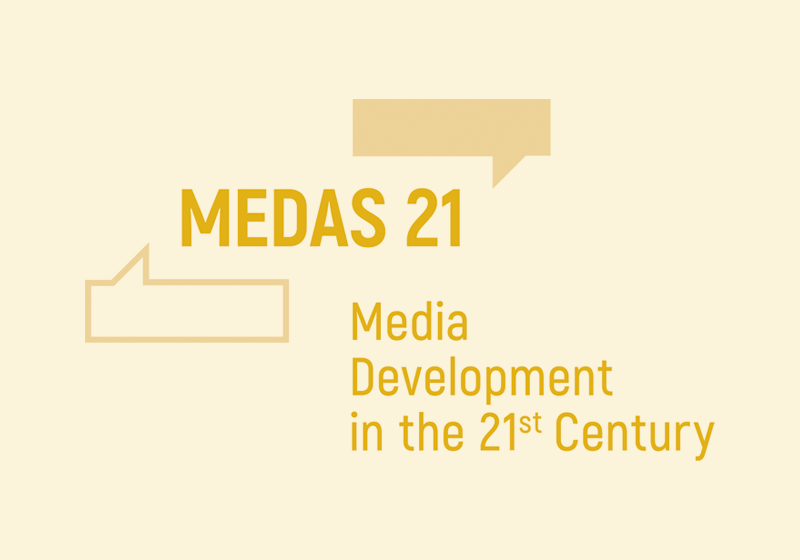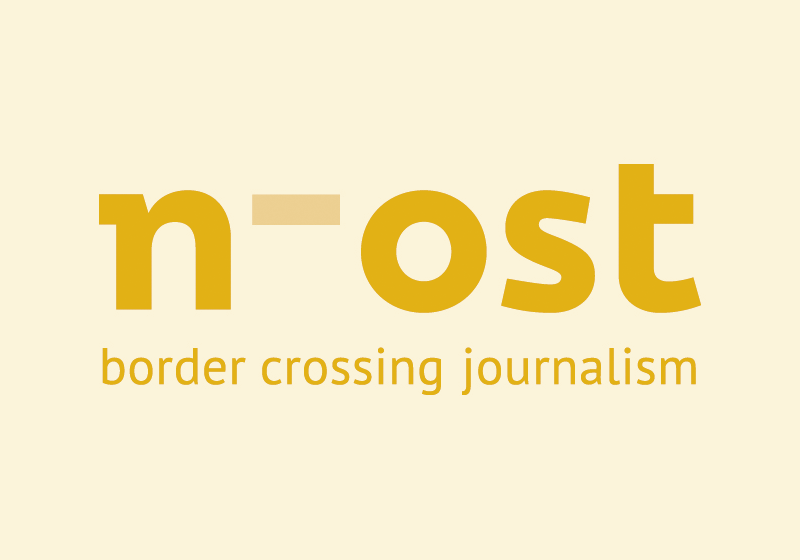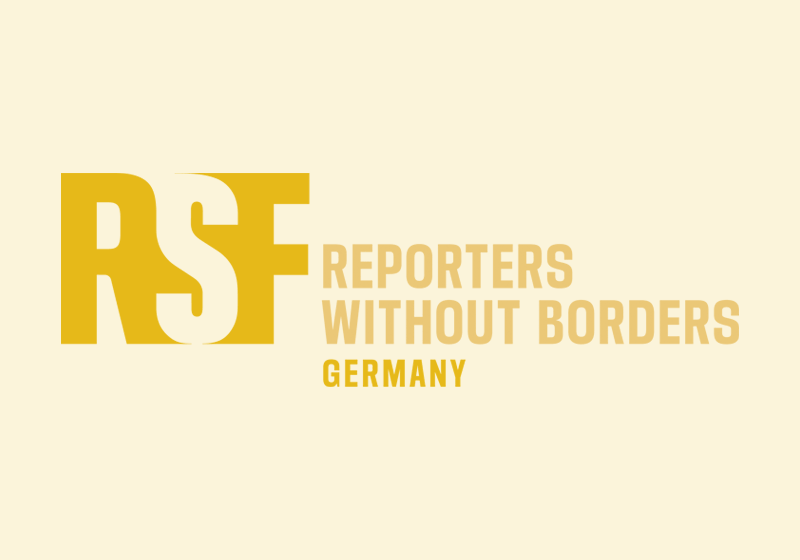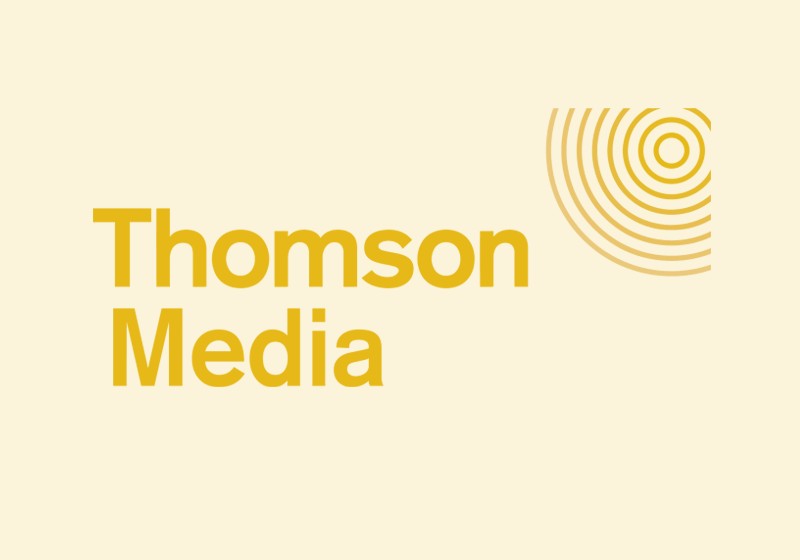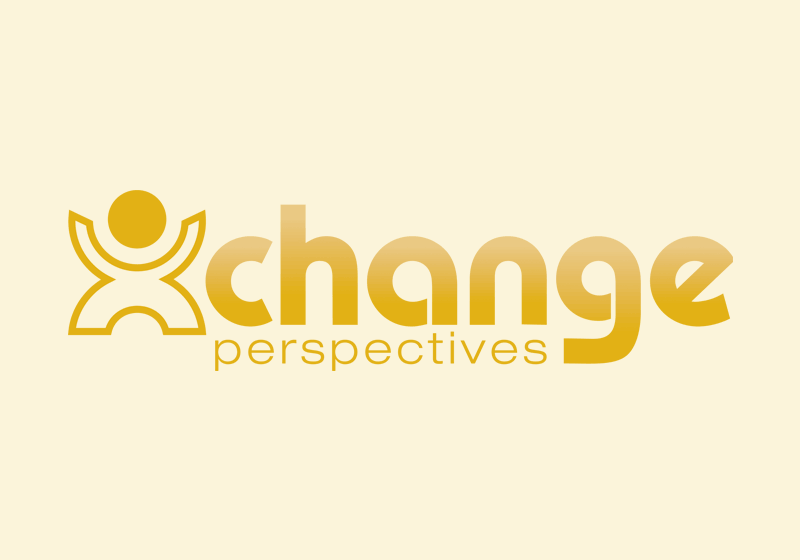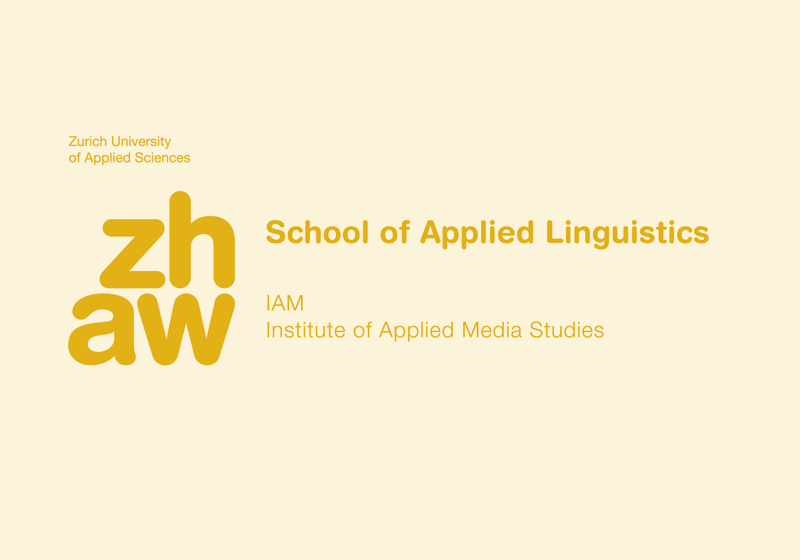List of Speakers
sorted alphabetically – to be completed
Manizja Aziz
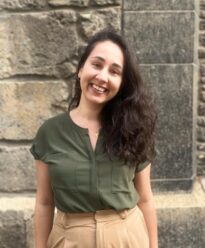
Manizja Aziz is a Senior Project Officer at Free Press Unlimited. She has expertise on the safety of journalists, emergency response and monitoring journalism safety. She is co-responsible for the global Reporters Respond emergency fund at Free Press Unlimited, focusing on Europe and the MENA. Furthermore, as a member of the Steering Committee she coordinates the Journalists in Distress (JID) Network – a global network of 29 member organisations which provide emergency assistance to journalists. In her previous role at Free Press Unlimited Manizja focused on knowledge management, research and monitoring & evaluation. She is co-author of the chapter “Monitoring Journalism Safety” in the Routledge Handbook on Conflict and Peace Communication.
Emma Cantera

Emma Cantera is a senior policy analyst at the OECD’s Development co-operation Directorate. In her more than 10 years with the OECD, she has worked on a wide range of public governance topics, including amongst others integrity and anti-corruption, public procurement, centre of government, and open government. Ms. Cantera, a Colombian and French national, holds a bachelor’s degree on Economics and international affairs (Universidad Icesi, Colombia) and a Master degree on International Relations and Political science (Sciences Po, France).
Prof. Jeff Conroy-Krutz
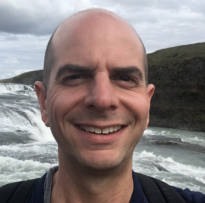
Jeff Conroy-Krutz is an associate professor and chair of the Department of Political Science at Michigan State University. He studies media and polarization in Africa, focusing on experiments; recent work examines efforts to combat hate speech and misinformation in Central African Republic, DR Congo, Madagascar, Mali, Niger, and Rwanda. He has also worked in Côte d’Ivoire, Kenya, Ghana, Nigeria, Senegal, and Uganda. He authored an Afrobarometer report on support for media freedoms, and his work on media appears in African Affairs, British Journal of Political Science, Journal of Politics, Political Communication, World Development. He currently edits the Afrobarometer Working Papers Series.
Dr. Ines Drefs
Ines Drefs is a research project manager with DW Akademie’s Research and Evaluation Team. Her research interests include international media development, media and democratization as well as changing conditions for journalism. Formerly, Ines was a postdoc at the Erich Brost Institute for International Journalism and director of the Graduate Programme ‘MEDAS 21 – Media Development in the 21st Century’. Her book, A Chance for Dialogical Journalism? Social Web Practices and Handling of User Comments at Deutsche Welle, was published in 2021 based on her Ph.D. thesis at the University of Hamburg.
Nata Dzvelishvili
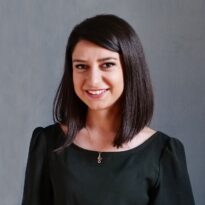
Nata Dzvelishvili is the CEO of Indigo Magazine and the former executive director of the Georgian Charter of Journalistic Ethics, a self-regulatory body for media in Georgia. With over 10 years of experience in the media field, she began her career as a journalist and has since evolved into a media manager and analyst. In addition, she works as an invited lecturer at the Georgian Institute Of Public Affairs (GIPA).
Nata has a strong interest in media ethics, disinformation, and media literacy. Her extensive research in these areas has led to the publication of numerous reports, manuals, and studies for both local and international organizations.
Prof. Dr. Susanne Fengler
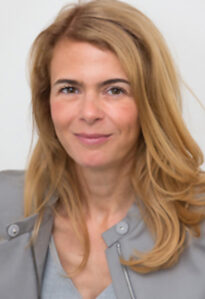
Prof. Dr. Susanne Fengler has directed numerous large-scale international research and teaching projects, among them the EU FP7 research project Media Accountability and Transparency in Europe, and the international graduate school MEDAS-21, with funding from the Volkswagen Foundation. She has co-written and -edited the UNESCO Handbook for Journalism Educators Covering Migrants and Refugees (2021), which has been translated into five languages. Her highly active world-wide networks of academic partners has resulted in research projects appearing in world-leading publishing houses and journals; see most recently the 44-country analysis: Fengler, S. et al. (eds.) (2022): Global Handbook of Media Accountability. New York, London: Routledge.
Fahmim Ferdous
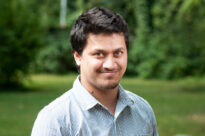
Fahmim Ferdous is a Bangladeshi trainer, project manager and former journalist. He has worked as a reporter and editor for radio, print, and online media in Bangladesh and internationally for over 12 years. He served Bangladesh’s leading English daily, The Daily Star, as its City Editor, among other roles. He has trained and mentored students, journalists, and educators in Bangladesh, Afghanistan, Southeast Asia, and the Caucasus, on a variety of topics such as Constructive Journalism, news storytelling, urban journalism, adult learning didactics, and human-centered design. He has also worked as a conference moderator, sports commentator, radio host, film critic and a stand-up comedian. Fahmim has been working for DW Akademie since 2016 and is currently its project manager for Bhutan.
Ulrike Gruska
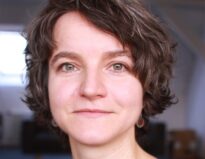
Ulrike Gruska is a journalist and political scientist and has been reporting from and about Eastern Europe for almost 25 years. Her work focuses on press freedom, digital surveillance and peace and conflict studies – especially in Russia, Ukraine and the South Caucasus. From 2012 to 2023 Gruska worked as a press officer for Reporters Without Borders Germany. She documented the press freedom situation in Eastern European countries and coordinated campaigns drawing attention to the situation of persecuted journalists in countries like Azerbaijan, China and Russia.
Nicola Harford
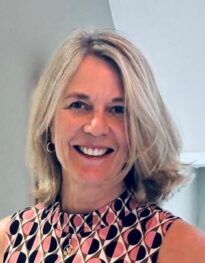
Nicola Harford is a media and communications for development practitioner and researcher with a track record of evaluating media interventions that promote independent journalism, accountability and citizen engagement. She also advises on, manages and reviews social and behaviour change communication programs with a particular focus on public health outcomes. An emerging area of interest is the use of AI for research and evaluation tasks. Nicola is Principal Consultant and Managing Director of iMedia Associates, a consulting firm which provides strategic advisory, training and management services. She splits her time between Zimbabwe and the UK, working mainly in sub-Saharan Africa and South Asia.
Sofie Jannusch

Sofie Jannusch has been academically and practically involved in media development cooperation since her student days. As a trained journalist, she has been working as a media consultant for CAMECO for more than 30 years, providing support to funders and media partners in Asia and Eastern Europe, including responsibility for evaluations, project and strategic planning, organisational development, and project implementation. Since 2018 she has been the elected Coordinator of the Forum Media and Development (Forum Medien und Entwicklung – fome), a network of 32 media aid organisations in Germany and Switzerland.
Dastan Kamanzi Raphael
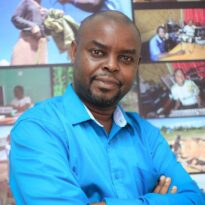
Dastan Kamanzi is the Executive Director of the Tanzania Media Foundation, a Non-Governmental Organization that promotes Media for the public good. Kamanzi is respected in the Tanzanian media community. He is known for his expertise in media development, media and democracy, and media ethics. He is also a strong advocate for freedom of expression, media pluralism, and viability. Kamanzi holds a Master’s Degree in Mass Communication from St. Augustine University of Tanzania and a BA (Hons) in Culture and Heritage (Archaeology major and minor in Philosophy) from the University of Dar es Salaam, Tanzania.
Folke Kayser
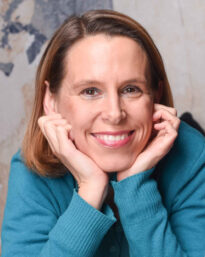
Folke Kayser is an expert in international development with a focus on governance, human rights and media and a special interest in development effectiveness. She holds a graduate degree in political science and completed the post-graduate training course at the German Development Institute (now German Institute of Development and Sustainability, IDOS). Over the past 20+ years she has worked for the Friedrich Ebert Foundation in Southeast Asia, for the International Labour Organization in Geneva, for GIZ in Germany and Peru, for the German Institute for Human Rights and, since 2019, for DW Akademie. At DW Akademie she consults international media development projects in the design, implementation and evaluation phases and develops concepts on various issues, most recently on effective cooperation with partners.
Andris Kesteris
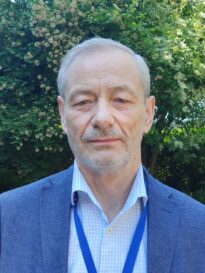
Having spent a substantial time span with the Latvian Foreign Ministry on the positions ranging from Ambassador to Germany to the Chief Negotiator for Latvia’s accession to the EU, A. Kesteris joined the European Commission in 2004 as the Head of Cabinet of the Energy Commissioner. As of 2010 he is the Principal Adviser for Civil Society and Media in Directorate General for EU Enlargement (subsequently extended also to cover the European Neighbourhood countries). His engagement with media – in terms of policy development and elaboration of the policy-based media assistance approaches – lasts for more than 12 years.
Stephen Kovats

Stephen Kovats is a Canadian cultural and media researcher with a background in architecture and urbanism, founding director in 2012 of the ‘r0g_agency for open culture and critical transformation’, a transnational non-profit organisation that helps create open systems solutions for sustainable, innovative and hybrid forms of development in post-conflict and rapid transformation regions. From 2007 – 2011 he was artistic director of transmediale, Berlin’s festival for art and digital culture, and in 2011 initiated the McLuhan in Europe Centennial Network. Previously he curated the international program at V2_Institute for the Unstable Media, Rotterdam, in 2000 helped lead the development of a new urban Master Plan for the Ethiopian capital Addis Ababa, and was director of the ‘ostranenie’ electronic media art forum at the Bauhaus Dessau during the 1990’s. His interests are focussed on open forms of digital collaboration,exploring the dynamic relationships between technological, political, and urban space and their application on the transformation of societal and cultural landscapes.
Isabella Kurkowski

Isabella Kurkowski is the Institute Manager of the Erich Brost Institute for International Journalism (EBI). Prior to this she was at the TU Dortmund Managing Director of a 27 country EU project entitled COPE. Kurkowski is an int. media development expert and supported the implementation of media self-regulatory institutions in several countries. Focus of her work are media development, media democracy and media accountability in post-conflict countries. From 2019 to 2023 she worked as Coordinator of projects in the MENA region at the EBI and was from 2014-2018 deployed in Myanmar as Country Representative of DW Akademie. From 2007-2013 she was a GIZ seconded Media Expert Advisor at the Press Council in Bosnia and Herzegovina and was deployed in Sarajevo. Prior to this she was from 2003-2007 Programme Manager of Media-Im-Pakt and worked as intermediary organization for the Stability Pact for SEE under the EU Media Task Force as well as the Germany Foreign Office, while coordinating media projects in 11 countries.
Andreas Lamm
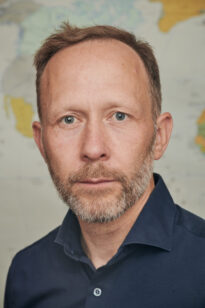
Andreas Lamm is a member of the Managing Team of the European Centre for Press and Media Freedom. In his role as interim Managing Director, he is responsible for the development and implementation of the long-term organisational strategy. He is committed to media freedom and the protection of media professionals in Europe.
Before Andreas Lamm joined the ECPMF in 2015, he worked as a freelance media professional in the field of reportage photography and magazine layout. At the University of Leipzig, he taught visual journalism for eight years in the journalism department of the IfKMW.
Dr. des. Michel Leroy
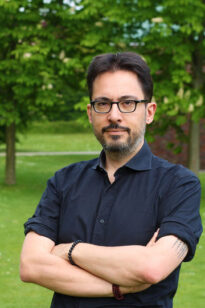
A researcher at the University of Dortmund, Dr. des. Michel LEROY has been advising donors and implementers in the media and development fields for over 25 years, helping them to think strategically and manage transformational change. A journalist by training, he was a senior executive at two of France’s leading journalism schools. He is now a researcher specialising in the critical analysis of discourse and the social impact of media interventions. The book based on his thesis on sustainability in media development will be published by Palgrave in early 2025.
Dr. Dani Madrid-Morales
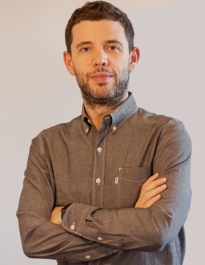
Dani Madrid-Morales is a Lecturer in Journalism and Global Communication at the School of Journalism, Media, and Communication, University of Sheffield where he co-leads the Disinformation Research Cluster. He specialises in the study of global political communication, with a focus on the impact of digital technologies on State-sponsored news, global public opinion, and misinformation in the Global South, particularly in Kenya and South Africa. His most recent book, co-edited with Herman Wasserman, is Disinformation in the Global South (Wiley-Blackwell, 2021). Prior to joining academia, he worked as a broadcast journalist in Spain covering world affairs.
Sacha Meuter
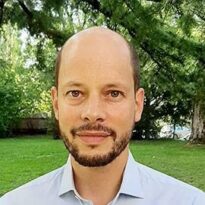
Sacha Meuter is Head of Research and Policy at Fondation Hirondelle. Sacha has been researching and working with media in fragile contexts for almost 20 years. At Fondation Hirondelle, he develops partnerships with academic actors, think tanks and international organizations to design and implement media impact assessment studies, to elaborate online and offline media monitoring tools and to improve media support policies. His work includes regular field missions, including in the Sahel and Central Africa. After a master degree in Law, Sacha notably worked for the Chair of Constitutional Law at the University of Fribourg. He then conducted research in international law and sociology of law at the university of Glasgow and at the Programme in Comparative Media Law and Policy, Centre for Socio-Legal Studies, Oxford University, with a focus on UN Peacekeeping media operations. He also seats on the board of The New Humanitarian.
Marina Modi

Marina Modi is a Media and communications professional from South Sudan. Her background is in Mass communication, Media arts and studies. For years, Marina has worked in the media sector in South Sudan as a journalist serving several media houses, executing communication focused consultancies, building capacity (through training and teaching at higher education levels) mentoring and engaging with both peers and learners. For the past three years she has worked with #defyhatenow in South Sudan. An organization working on building trust among stakeholders to promote peaceful coexistence through apomediated means – digital media. She leads a team working towards combating mis/disinformation and hate speech – 211 Check documenting, analyzing, engaging stakeholders like media, policy influencers, peer community focused organizations structuring healthy information landscape online and offline alike. Marina’s current interests are in documentation under 211 Media lab- producing multimedia content, archiving, publishing materials of in depth and technical discourse on the media ecosystem for development as the sector progresses in South Sudan.
Dr. Sara Namusoga–Kaale
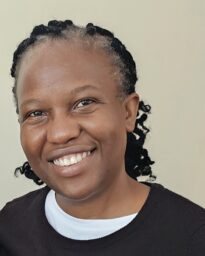
Sara Namusoga–Kaale is currently a lecturer in the Department of Journalism and Communication at Makerere University. Her work focusses on digital media and communication. She is currently an Alexander von Humboldt post-doc fellow at the Technical University of Dortmund where she is exploring migration and forced displacement from Africa to Europe. She is also part of the CoMMPASS project team that is applying eLearning tools to train journalists and journalism students to report migration issues. Dr Namusoga-Kaale is also exploring the use of multimedia storytelling for archiving COVID-19 experiences in Uganda.
Raghdan Orsud
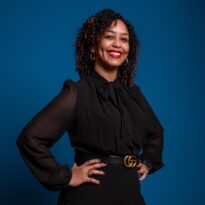
Raghdan Orsud is a media development and policy expert, co-founder of Beam Reports—Sudan’s pioneer in countering misinformation—and passionate about merging technology with development. She excels in managing grants and programs, focusing on enhancing media freedom and technological impacts.
Rita Ruduša
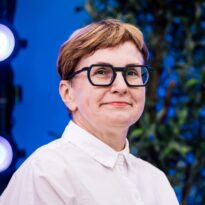
Rita Ruduša is a Latvian journalist and media executive whose career started during the tectonic shifts in European history in the early nineties. Her professional geography spans four countries – a foreign correspondent in Moscow and London, a broadcaster in Prague, and a public media executive in Riga. Rita Ruduša is a former head of the Latvian Journalist Association and the founder and first executive director of the Baltic Centre for Media Excellence. She is the author of two books – Forced Underground and Latvian Media Archaeology, and also writes scripts for documentaries; her first feature-length film Homo Sovieticus premiered in 2021.
Christoph Spurk

Christoph Spurk is a media researcher, until recently with the Institute of Applied Media Studies at Zurich University of Applied Sciences (ZHAW), and now Spurk Media Consulting Ltd. He mainly conducts research on quality of journalism in Africa and on the contribution of mass media towards democratisation. He is working in advancing the methods of evaluation in media support, measuring results in communication efforts and mass media programmes, and supporting media development organisations in monitoring and evaluation.
Caroline Vuillemin

Caroline Vuillemin is the CEO of Fondation Hirondelle since January 1st, 2017. Her career reflects a commitment to international development, particularly in Africa. She joined Fondation Hirondelle in December 2003. She was in charge of the Radio Okapi project (the United Nations radio in the DRC created in partnership with Fondation Hirondelle), and then became Head of Operations in 2008. Before Fondation Hirondelle, she worked for the International Foundation for Electoral Systems (IFES) where she participated in numerous election observation missions in the DRC, Rwanda, Burundi, South Africa, Nigeria and Congo-Brazzaville. Caroline Vuillemin holds a BA from the Institute of Political Studies in Lyon, completed by a degree in International Relations from the Georgetown University in Washington, DC.
Dr. Anja Wollenberg
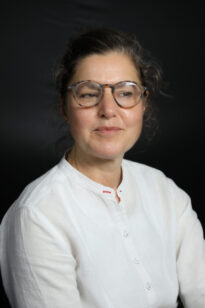
Dr. Anja Wollenberg is co-founder and shareholder of the Berlin-based media support organisation MiCT and its research director. She holds a PhD in Communication and Media Studies and is a Senior Lecturer in Global Communication at the University of Erfurt. Her academic research focuses on media pluralism, media structures and the role of the media in violent conflict and conflict prevention. She has published numerous studies on media development in Iraq and Libya and on conflict issues such as polarisation, hate speech and media partisanship in these countries.
Hanspeter Wyss

Hanspeter Wyss is a development professional with over two decades of expertise in governance, migration, and sustainable development. Currently serving as Advisor on Governance at the Swiss Agency for Development and Cooperation (SDC), with a focus on democracy support, media, and electoral processes. Proven track record in managing complex programs and advising on strategic initiatives across international organizations and multilateral negotiations.

